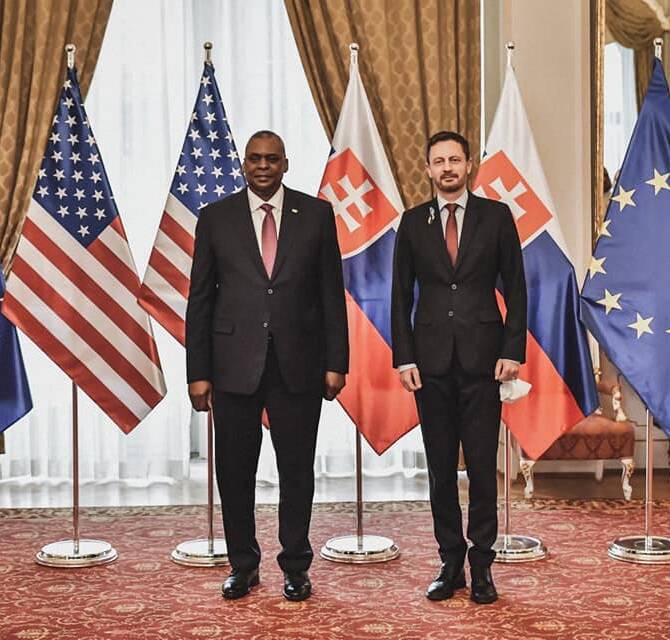Czechia/Poland – Outgoing Czech Prime Minister Andrej Babiš (ANO) announced on Tuesday (December 7th) that he would ask the two chambers of the Czech parliament to authorise the sending of 150 Czech soldiers to assist their Polish colleagues on the Polish-Belarusian border in response to the ongoing Minsk provoked migration crisis, which was started by the authorities in retaliation for European Union sanctions.
An assistance mission alongside the Polish army
According to the Czech constitution, any deployment of Czech soldiers outside the national territory requires the Parliament’s agreement. Mr Babiš proposed that a 180-day mandate be given to these 150 soldiers – composed of sappers and logisticians – to carry out tasks that do not put them in direct contact with migrants who continually try to force the frontier. It will therefore be a mission of assistance to Poland in which the Czech military will not assume functions directly relevant to Polish sovereignty. As the outgoing Prime Minister no longer has a majority in the Chamber of Deputies, it is therefore up to the new majority, formed by the SPOLU and PirSTAN coalitions, to decide if this request is approved or not.
Estonian and British troops are already helping Polish soldiers
In the meantime, two other European countries – Estonia and the United Kingdom – have already made troops available to Poland within this same framework. This Sunday, Estonian soldiers of the “Żubr” (Bison) Force, made up of sappers, arrived on the spot where they will be responsible for checking the condition of the border’s barbed wire network and its access roads, especially along the river Bug marking the border between Poland and Belarus
In addition, a company of Royal Engineers Corps sappers, which arrived in Poland last week, was deployed this Wednesday, December 8 for its mission of assistance with the Polish armed forces, it consists essentially “of building and repairing the temporary fence”, as Polish Defense Minister Mariusz Błaszczak explained on December 5.




